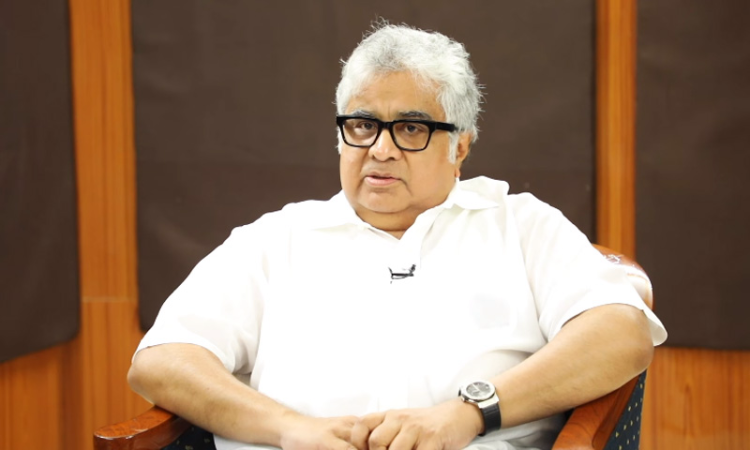Jahanvi Agarwal
The refusal of the State Bank of India (SBI) to disclose information about legal fees paid to Advocate Harish Salve in the electoral bonds case has stirred controversy following an RTI query by activist Ajay Bose. SBI cited exemptions under the Right to Information Act, asserting that the details sought are third-party information held in a fiduciary capacity and commercially confidential.
Ajay Bose, challenging the bank’s decision, argued that since the fees were paid with taxpayer’s money, the public has a right to know. However, SBI maintained that the disclosure falls under exemptions outlined in Section 8(1)(e), (j), and (d) of the RTI Act, which protects personal information, fiduciary relationships, and commercial confidence.
The Supreme Court’s scrutiny of electoral bonds as unconstitutional and arbitrary highlighted SBI’s reluctance to disclose information. The Court expressed dissatisfaction with SBI’s approach, stating, “The bank’s selective disclosure of details is concerning. Waiting for court orders to decide what to disclose appears unfair and lacks transparency. SBI’s attitude seems to be ‘You tell us what to disclose, and we will disclose’.”
Electoral bonds, before being invalidated, were instruments purchasable from SBI and redeemable by political parties, offering a channel for contributions with minimal disclosure to the Election Commission, justified by the anonymity of the bonds.

